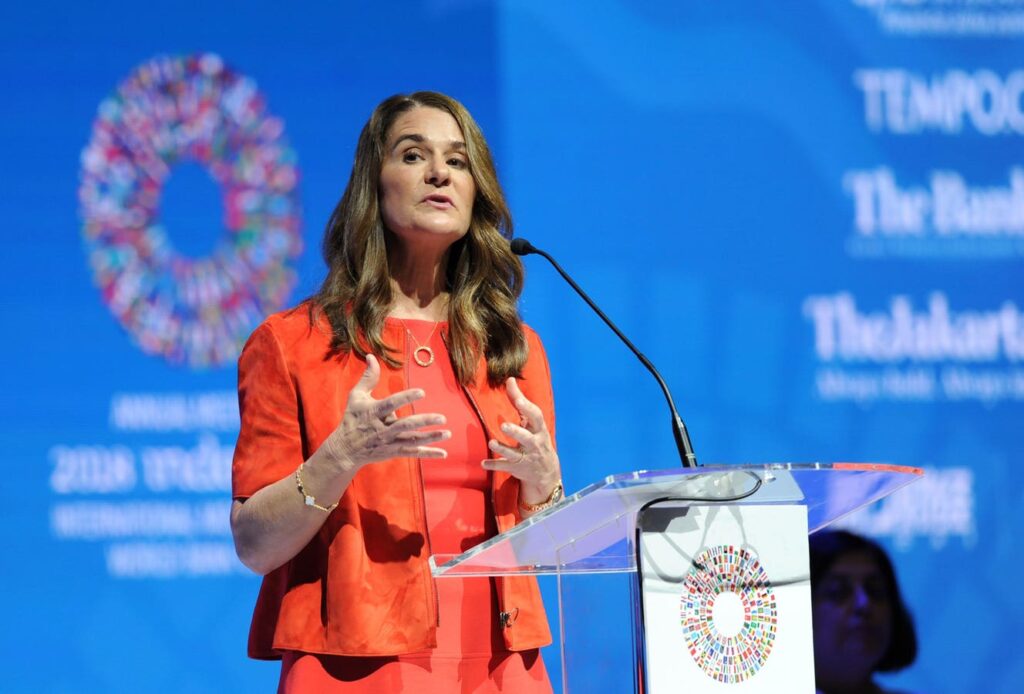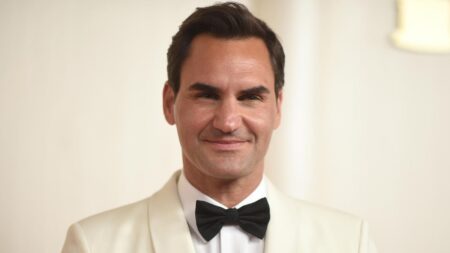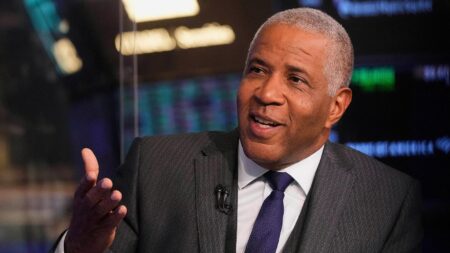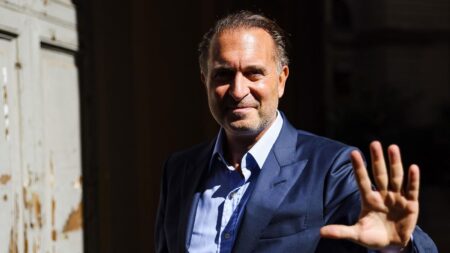“I want to see women step into equal power and influence at every level of society, from their homes to their workplaces to our government and economy. But there is no path to that future if women are having to fight unwinnable battles just to receive basic healthcare,” says Melinda French Gates, philanthropist and founder of Pivotal Ventures.
That conviction drives her latest effort, announced at today’s Forbes Power Women’s Summit: a $100 million partnership between Pivotal Ventures, the company she founded to accelerate social progress and expand women’s power, and Wellcome Leap, the breakthrough health organization led by Regina Dugan. Each is committing $50 million to women’s health research and development, a joint effort that will fund two new programs launching in 2026. These programs will target conditions such as cardiovascular disease, women’s mental health, and autoimmune disorders, areas that have long been underfunded despite their sweeping impact.
The need is stark. Only 1% of global health research beyond cancer focuses on conditions unique to women. Nearly 80% of those with autoimmune diseases are women, yet cures remain elusive. Menopause affects half the population, but fewer than 1% of studies on aging even consider it. The result is that women spend 25% more of their lives in poor health than men, with consequences that reverberate across families, workplaces, and economies.
What makes the collaboration compelling is not just its scale, but its strategy. French Gates has committed over $1 billion to expand women’s power globally, targeting the barriers that most limit women’s ability to thrive and lead. For more than two decades, she’s mobilized resources and leaders across sectors to keep women’s health on the global agenda and this marks her most significant step to date through Pivotal. Dugan, now CEO of Wellcome Leap, has built her career dismantling bottlenecks and delivering results in years rather than decades. She was the first woman to lead the Defense Advanced Research Projects Agency, or DARPA, and later went on to direct advanced research teams at Google and Facebook. With a career that spans government, science, and technology, she has the experience to take on a challenge of this scale. Together, French Gates and Dugan are betting that progress in women’s health, long treated as incremental, can finally be pursued with urgency.
The economic stakes are immense. “The estimates say that closing the health gap between men and women would add at least $1 trillion to global GDP every year by 2040, because healthier women participate more fully in economies and societies,” French Gates says. “So that is what we are missing out on from a global economic standpoint. That is not really the point, though. To really wrap your mind around what is being lost here, think about what this $1 trillion tax on women’s potential means from the perspectives of the individual women who are missing out on their working, family, and social lives because they are sick or in pain or dealing with anxiety or depression or sinking their time and savings into seeking out answers that do not exist from providers who may not even believe them when they describe their experiences.”
For French Gates, this moment also reflects the urgency of the broader fight for women’s rights, and it is deeply personal. “I experienced the Dobbs decision as a call to action. It is unthinkable to me that my two granddaughters could have fewer rights than I did. Last spring, I traveled to Louisiana to spend time with women, both patients and providers, to hear about their experiences living in a place that has rolled the clock back on women’s health. I heard one incensing story after another about ways the health system is failing women, from the woman who will live the rest of her life in the shadow of a stillbirth that could have been prevented to the doula who is risking everything to take on policymakers who are playing politics with women’s lives by restricting access to a medication that should be stocked in every delivery room.”
Dugan sees this partnership as a chance to finally change the trajectory. “For too long, women have been told to endure what should be treatable, to accept conditions as ‘mysteries’ rather than problems worth solving. This is a chance to correct a historic wrong, to close a gap that should never have existed, and to honor the dignity of half the world’s population by giving us the science, the medicine, and the care women deserve. Breakthroughs in women’s health are not a matter of chance, they are a matter of choice. It is time. Women have waited long enough.”
The $100 million initiative is designed as a catalyst, not a conclusion. Wellcome Leap was founded by the Wellcome Trust in 2020 to pursue health breakthroughs at speed, applying a DARPA-inspired model to human health. Its network now spans 160 institutions across six continents, linking more than 1.5 million researchers. With this new partnership, Wellcome Leap’s total investment in women’s health research rises to $250 million as it advances toward its goal of raising $1 billion in philanthropic capital to accelerate breakthroughs for conditions that disproportionately affect women. By combining that engine with Pivotal Ventures’ capital and advocacy, French Gates and Dugan aim to show that neglected conditions can be addressed far more quickly than ever expected, and that the benefits extend well beyond women themselves.
Ultimately, this partnership is meant as an invitation. Policymakers, philanthropists, investors, and scientists all have a role to play in treating women’s health as urgent and essential. French Gates and Dugan are betting that what has long been treated as inevitable can be changed, and that women’s health can finally move from the margins to the center of progress, and that the cost of delay is one society can no longer afford.
Read the full article here

















